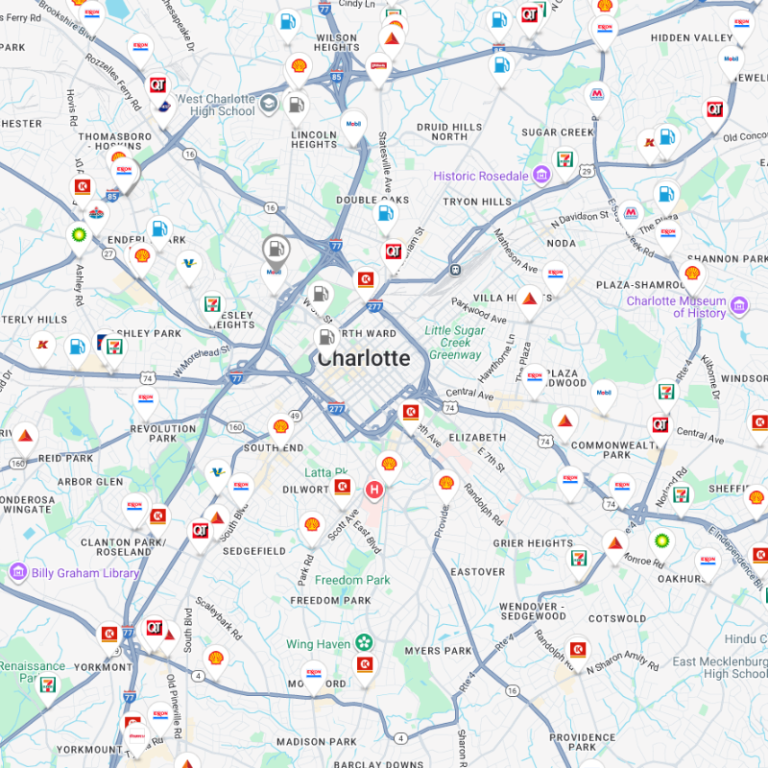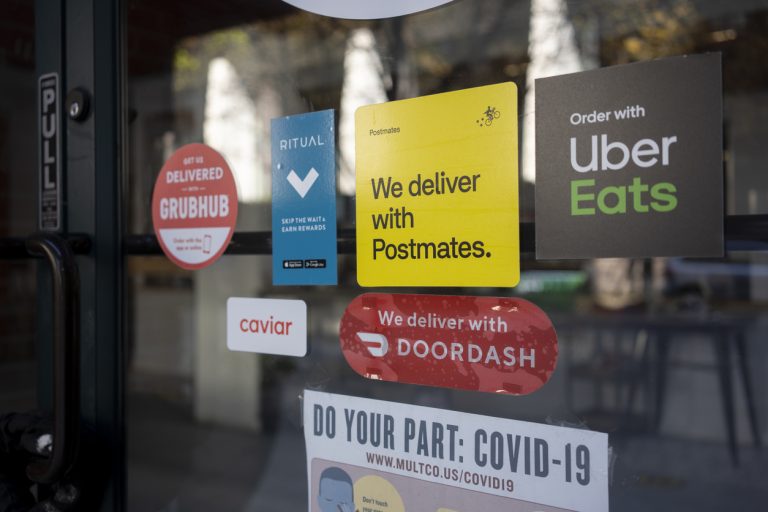As a restaurant owner, growing your brand is about more than just great food and service. Strategic planning is essential for expanding your footprint and maximizing long-term growth. Here are some important factors to consider when planning to grow your restaurant brand.
What data do I have?
Centralizing your data to inform decision making is the logical first step. Store sales data, customer data – which could span dine-in, pick up, or delivery – any other first party data should be collated. You should also want to look at relevant third-party data such as demographics, mobility, point of interest, financial or even geosocial to support effective customer profiling.
Know your customer
Understanding your customer profile is the first step. Analyze your existing customer base to identify who they are, where they live, and what their preferences are. This information is invaluable in determining where to focus your efforts. Index models can score any given location based on the types of consumers in the market. This will tell you where the best fit sites are for your customer profile and concept. The application of customer profiling and analytics can also reveal high demand areas for delivery as well as those who prefer dining in.
Capture and maximize demand
Once you’ve identified your customer, the next step is to ensure you’re capturing the demand. Are there specific locations where you’re not reaching your full potential? Analyze your current performance and the distribution of lookalike customers to identify where you might be underpenetrating.
By understanding these gaps, you can develop targeted strategies to attract consumers who match your customer profile to increase your market share. This could involve tailored marketing campaigns, special offers, or improving your delivery infrastructure.
Strategic market layout
Often, It’s easy to select one or two prime locations, but if your goal is long-term growth, you need a comprehensive strategy for portfolio planning. While planting a single flag in a great location might bring immediate success, strategically developing multiple locations can exponentially increase your brand presence and operational efficiency.
Consider the broader market and how you can lay out your locations for maximum impact. This approach not only boosts brand awareness but also enhances marketing efficiency and operational effectiveness. Avoid the mistake of having isolated successful locations; instead, aim for a network of thriving establishments that support and reinforce each other. Speak to a team specializing in location analytics about white space analysis, market plans, or market optimization – all of which provide a data-driven roadmap for sustainable expansion.
In the early stages of maturity, the cost of failed openings poses significant risk for restaurant operators. Fortunately, with an abundance of data sets and tools, risk can be managed by applying a rigorous site selection methodology.
By ensuring you’re in the right areas, capturing all available demand, and strategically laying out your market, you ensure your next openings are successful.




